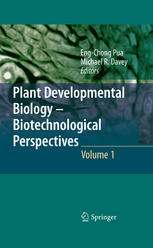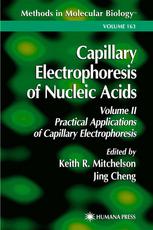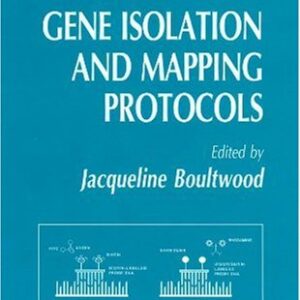Understanding the mechanisms whereby plant development is regulated is crucial for crop improvement using genetic engineering. This work, comprising two volumes, reviews recent advances in plant developmental biology and explores the possibility of their practical applications from biotechnological perspectives.
Volume 1 deals with the plant model and its life cycle. Topics include the formation of shoots, roots, flowers and gametes, pollen germination, fertilization, fruit development and ripening, seed development, dormancy and germination, apomixis, male sterility and self-incompatibility.
Volume 2 focuses on development-related areas, including tissue culture (somatic embryogenesis, microspore embryogenesis, somaclonal variation), plant processes (photosynthesis, seed maturation and seed proteins, fatty acids, vitamins, alkaloids, flower pigments and scent), signalling (amino compound-containing lipids, auxins, cytokinins and light), and molecular genetics of developmental regulation (RNA silencing, DNA methylation, epigenetics, activation tagging, homologous recombination and synthetic promoter engineering).
This work is a key reference for plant breeders, researchers and graduate students in the fields of plant biotechnology, agronomy, horticulture, genetics and functional genomics, and cell and molecular biology.






Reviews
There are no reviews yet.